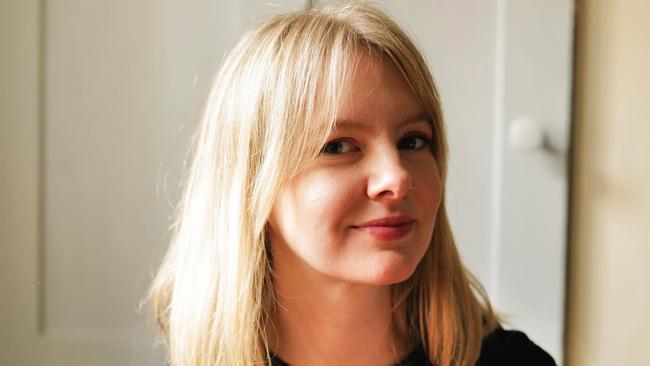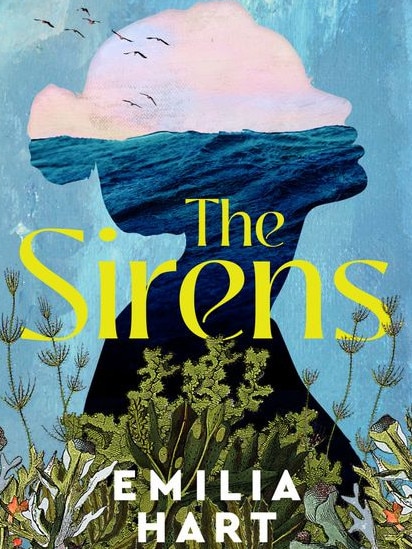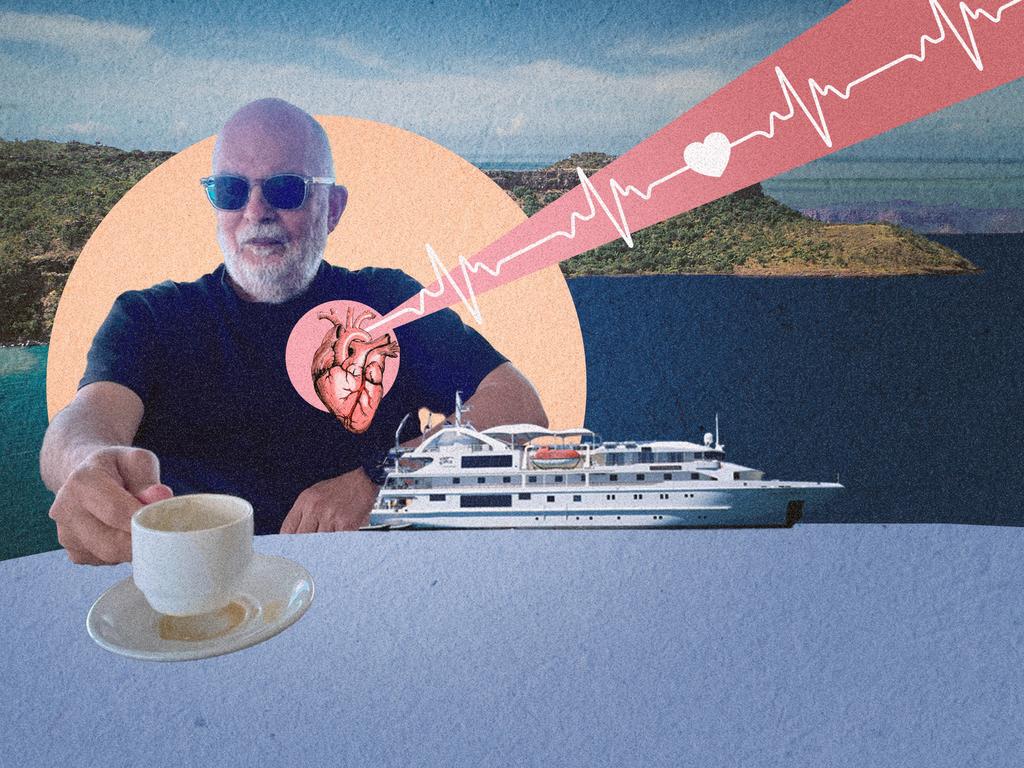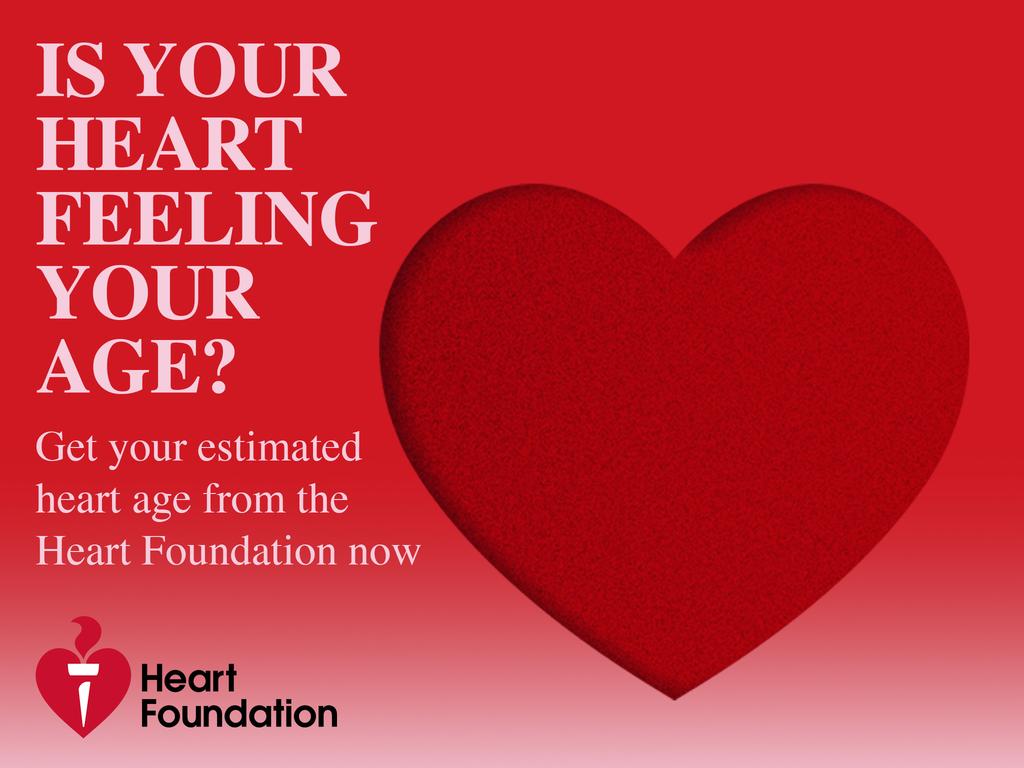I had a stroke when I was 26 — swimming helped me recover
When the novelist Emilia Hart became seriously ill at 26, she stopped trusting her own body — until she started visiting her local pool.

I was 26 when I had a stroke. It was January 2017 and I was at a friend’s party celebrating Chinese new year. In the last picture of me taken before the stroke I’m wearing red and look happy.
Like all babies, I was born with a hole between the upper chambers of my heart that allows blood to bypass the lungs in utero. It is supposed to close after birth, but for some people it remains open. Surrounded by food and friends that night, I didn’t know I was one of them.
I didn’t know this opening, called a patent foramen ovale, was directing unfiltered blood to my brain. I didn’t know that this blood contained a clot. I fell asleep, feeling hopeful, on the cusp of some great change.
The next morning I woke up in my host’s spare room and used the bathroom. I don’t remember if the pain or the vision loss came first. It felt like something had exploded inside my brain, like some essential mechanism had ruptured. My face in the mirror was distorted. Half of it was blurred white, as though caught in a fall of snow.
The world warped around me. I told my friends I couldn’t see and asked them to call an ambulance. They didn’t, but then we were young. We had been drinking the night before. They put me back to bed with a bucket and a glass of water. “I always lose my vision when I’m hungover,” one of them said.
Alone, I vomited, riding crests of pain. I would have called an ambulance myself but struggled to use my phone. Besides, what if the others were right and it was just a hangover? I had only moved from Australia to the UK two years prior but was already conscious of the NHS as a precious, overmined resource. I didn’t want to waste anyone’s time.
The GP diagnosed a migraine, but after ten days my vision still hadn’t returned to normal. It was only when I visited Moorfields Eye Hospital that doctors suspected brain damage — they could see that I had lost some of my right visual field, but my eyes looked fine. I was told I would be transferred to the Royal London Hospital, where the staff would do “everything they could”. I should call someone to come and be with me.
If, like I was, you’re healthy and able-bodied, there’s a sort of contract you imagine you have with your body. That if you exercise and don’t smoke or drink too much it will keep you safe. I realised then that there was no such contract: my body had been a bomb waiting to go off. I’d never been safe. In that moment I was sure I would never feel safe again.
I phoned my sister Katie, who’d arrived in London just weeks earlier. She was with me when I learnt that I’d had a stroke in my occipital lobe, resulting in damage to my vision. The following days and weeks passed in a blur of shock and fear. I was given a heart monitor to take home, the first stage in a long process of investigation that would lead to the diagnosis of my PFO. My parents flew in from the other side of the world. Friends sent flowers. I was signed off work.
Katie moved in with me. I clung to her like a mollusc, convinced that if I was left alone for even the shortest amount of time I’d have another stroke and die. I could hardly bear to let her out of my sight. One day she wanted to go to the lido. I should come, she said. It would be good for me.
As a child I’d loved to swim. Growing up in Sydney, I’d learnt to swim almost before I learnt to walk. I’d played mermaids in friends’ pools and won ribbons at the swimming carnival. The water made me feel weightless and free. But, like writing, my other childhood hobby, swimming had fallen by the wayside in adulthood. I couldn’t even remember the last time I’d been in a pool.
The lido was blue and beautiful, open to a sky patterned with tree branches. But I was terrified. What if I had another stroke while I was swimming? I imagined water pushing into my lungs, my body unresponsive as I sank to the bottom.
“You’ll be fine,” Katie said. “I won’t let anything happen to you.”
I managed only five laps that day, my eyes streaming with chlorine and fear. Afterwards Katie and I ate hot chips, the way we used to do after childhood swimming lessons. We went back the next week, and the one after that.
I felt different in the water. My limbs moved in a way that was almost involuntary, as though instinct had taken over. Submerged, I was no longer the girl who’d had a stroke. I was just another swimmer, kicking forward.
The months passed. I moved to Stoke Newington in north London, five minutes from the pool at Clissold Leisure Centre. I swam almost every day, finding that it helped me sleep; the physical tiredness drowned out the murmur of mortality. I began to write. In a poem I emailed Katie in May 2017 I wrote about swimming: Sylph-like, in blue/ I gather speed/ Power rising with each stroke.
Eighteen months on I was swimming a kilometre every other day. In September 2018 I entered Swim Serpentine to raise money for the Stroke Association and the Royal National Institute of Blind People (RNIB). On the morning of the race the fear that I’d felt that first day at the lido returned. Staring out at the black lake in my wetsuit, I worried that my body would fail me again. That I would die. I wanted to back out and go home.

But then I thought of my sister. I’m so proud of you, she’d said. I had to at least try.
At first, when I put my head under the water, I saw only blackness. But as I kept swimming colours emerged from the gloom. Shafts of sun turned the water gold. I realised that fear wasn’t helpful. I didn’t know if I would have another stroke, but fear would do nothing to prevent it. I had no control over the future, of the ways my body might fail me. But in that moment I trusted it to carry me forward. I swam the next metre, and the one after that, until I’d finished the race.
It has been eight years since my stroke. I haven’t had another. I kept swimming, and I kept writing. This year I’ll publish my second novel, The Sirens, about sisterhood and the sea. I’ve dedicated it to Katie. She lives in Australia now; the last time I visited her we swam together in the ocean. I’m grateful for my body, that it allows me to run, to walk, to dance. But above all I’m grateful it allows me to swim.
The Times




To join the conversation, please log in. Don't have an account? Register
Join the conversation, you are commenting as Logout